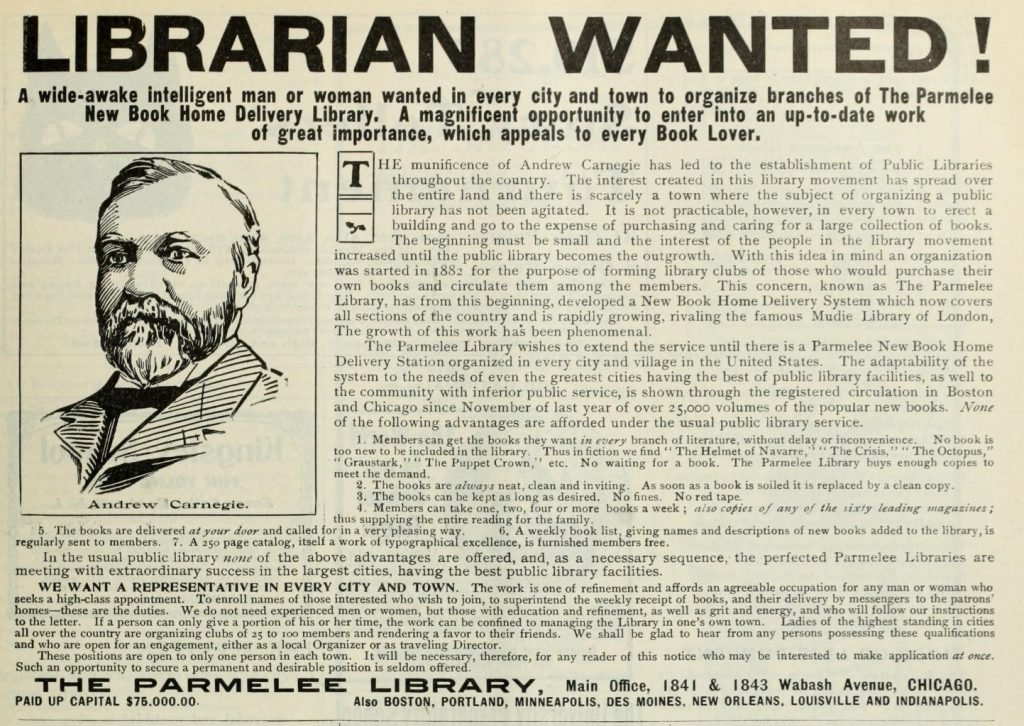
When I decided to pursue the MLIS seven years ago, it wasn’t so that I could tap into a vast supply of readily available Librarian positions. I did it because I was drawn to the profession and intrigued about how technology was changing it. My first job search as a degree-toting Librarian was a lucky one: I happened to find a place who needed someone with a strong foundation in project management and web development as well as an interest in librarianship, and that is as good a description of my professional self as you will find. That’s how I ended up at Avery Library.
Then life happened. As the project I was working on was ending, my wife and I decided to leave New York and return to San Diego. I’m not going to go into our reasons for moving, because they’re not relevant here; suffice it to say, my professional goals took a backseat to other considerations. The point is, I was back on the job market. This time, however, I wasn’t so fortunate: it took a while for me to find work, and when I did it was related to my pre-MLIS career. I’m still working in academia, but my current position is as a business analyst/project manager type person. Hey, sometimes you just have to pay the bills.
This recent experience got me thinking (again) about what being a librarian means in terms of everyday work and marketable skills. I’m not going to link to a bunch of depressing articles about the library job market, or the tenuous nature of the profession’s future; suffice it to say, there’s a lot of people with MLIS degrees out there, and, depending on where you live, not too many jobs in traditional Librarian positions.
Over the course of the next few months, I plan to highlight several different types of opportunities that provide a good fit for librarians looking to branch out, and in doing so answer three basic questions:
- What makes you (a librarian-type person) a good candidate for that job/field/organization type?
- How do you market your skills and experience to compete in that market?
- Why would you want to work there? What makes it a good fit not just for a librarian’s skills, but also her professional needs?
This is not a critique of the MLIS degree or the reasons people choose to pursue one. My goal is to provide information that is useful to you if you are trying to broaden your job search when finding a job in a traditional library is proving difficult, or if you just want to take your hard-earned skills and use them to try something new. I hope to highlight opportunities where librarians can not only get hired, but that also make meaningful use of librarianship skills and fulfill the needs of someone with a librarianship background. If you have suggestions for topics or any other feedback, please submit them it in the comments below.